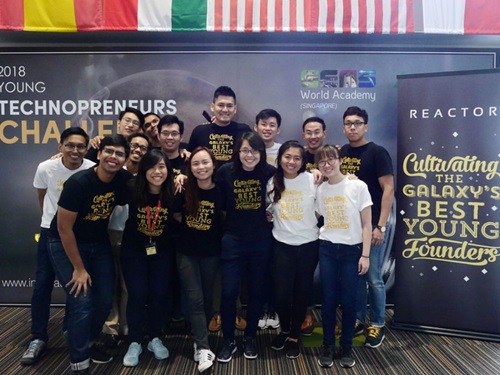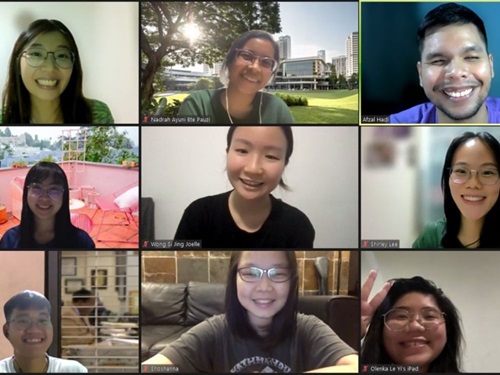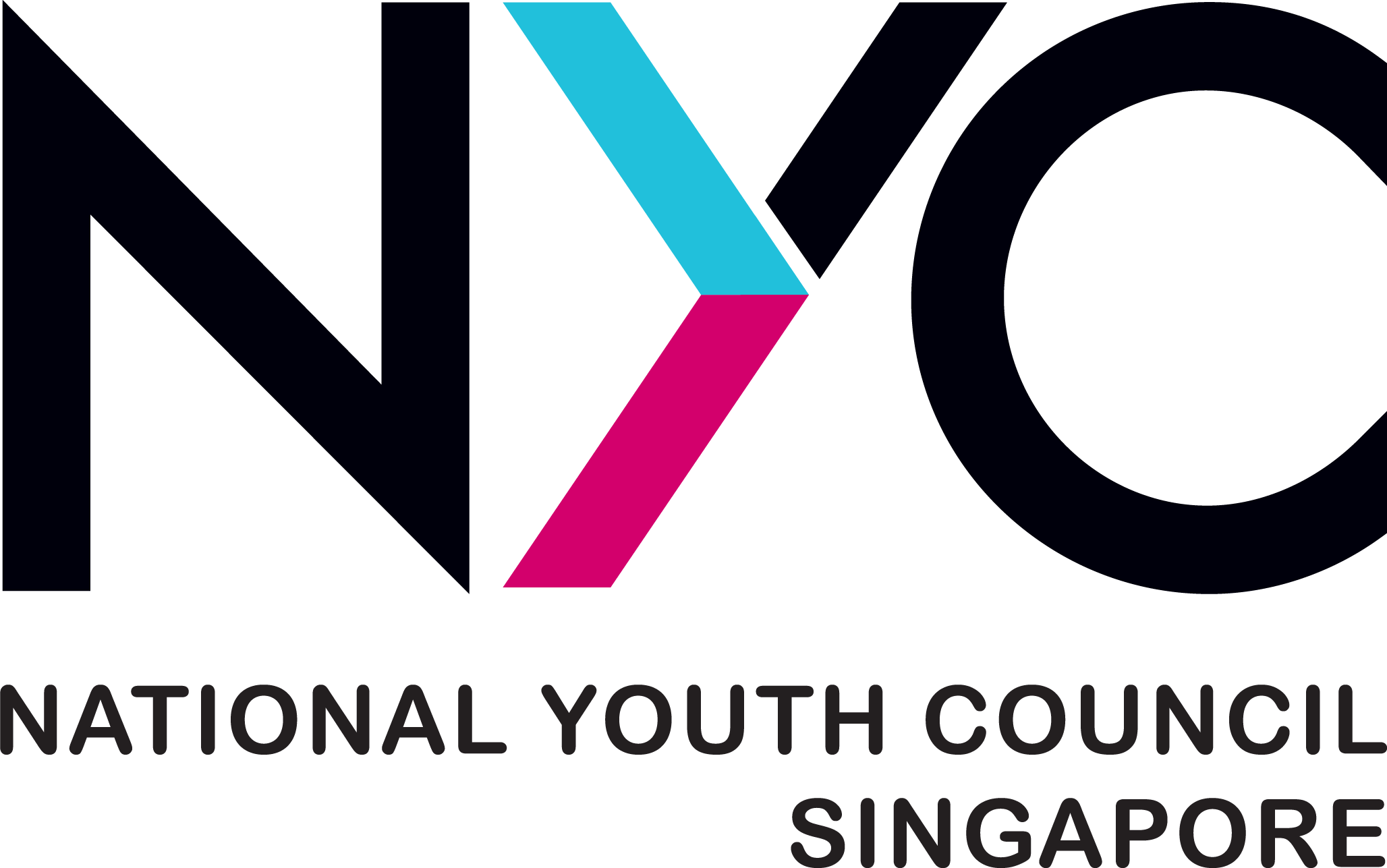Finding purpose in the unexpected: From business school to social work
7 August 2024
Sometimes, detours are needed steps towards success.
Written by: Amanda Tan
For many students, deciding on a path at the tertiary level can be overwhelming. There's pressure to have a clear direction for the future, and financial concerns often make it feel like there’s no ‘Ctrl-Z’ once a university major is chosen. However, one individual has proven otherwise.
A year into business school, Afzal Hadi found his true calling not in the lecture halls but in the countless hours he dedicated to volunteering.
“I did well enough to (get promoted to Year 2) but I just didn’t want to continue…I noticed myself spending a lot more time at Youth Corps Singapore than I did spending time studying. I would skip classes to go to Youth Corps or to go to some programme to volunteer,” recounts the 29-year-old.
He took a gap year and pursued multiple stints with different organisations to find out what exactly he wanted to do within the social service sector. And fortunately for him, he got his answer.
During an internship with Reactor Industries, a company that does entrepreneurship education for youths, Afzal had the opportunity to create a Values In Action programme for a school.
"It was the very first programme I created, and it sparked something in me,” he shared. “It was quite fun to see the outcomes and understand what I could incorporate into the programme to influence people towards those outcomes. I guess that's what all training programmes are about."

Afzal worked with Reactor Industries for over a year as a lead trainer and curriculum developer. Photo Credit: Instagram/reactor.school
That eye-opening experience pushed him to pursue a degree in social work at the Singapore University of Social Sciences (SUSS). Then in 2020, while serving an internship with the National Youth Council, he was tasked with scouting for mentoring programmes and noticed a glaring absence – there were no mentoring programmes tailored for social work students.
This realisation struck a personal chord. As a social work student himself, Afzal understood the vast gap between academic theory and the practical realities of social work. "With social work, you need to experience it to do the work. Theory doesn't help," he notes.
Setting up a mentoring programme came to his mind, but it wasn’t till his final year in SUSS that it became a possibility. He found himself attending a series of sharings by people in the industry, one of whom was social worker Lyon Koh. Lyon’s candidness and genuinity when answering Afzal’s questions resonated with him and later that night, he reached out to her via email, asking if she would be open to a chat. He floated the idea of a mentoring programme for social work students and thankfully, Lyon was keen to help with the execution.
With her expertise and Afzal’s prior experiences with various mentorship programmes, they fused different elements together and conceptualised the Social Work Student Community Mentorship Programme. The pilot programme aimed to equip penultimate-year social work students with the practical skills and experiences necessary to transition smoothly into the workforce.

The programme ran for about six months before SSW took over. Photo Credit: Afzal Hadi
The programme's inception was far from straightforward. Despite the initial rejection from Nanyang Polytechnic (NYP), Afzal and Lyon were undeterred. They decided to bootstrap the programme, leveraging their networks and resources to get it off the ground. "We just ran it based on what we thought would work," Afzal recalls. They brought in friends as mentors and surveyed students to gauge interest. Eventually, it caught the attention of the Singapore Association of Social Workers (SASW) and was later taken up by the national body.
Reflecting on his eagerness to fill the gap, Afzal shares: “I think (my willingness to go the extra mile) depends on interest and energy. Personally, I do enjoy creating programmes and running programmes because I do facilitation and programme design for youth leadership and young adult leadership…The solution I came up with was what I was already excited about so there wasn't much inertia to (overcome and) get it started.”
It was also around this time that he stopped to take stock of his experience in social work and what he plans to do moving forward.
“At the core of it, social work, facilitation, and training all revolve around people development, connecting with others, and building communities and conversations,” says Afzal. Once he identified this as his ultimate goal, everything else became clearer. Knowing his endpoint was a significant step towards success, even though that goal might shift in the future. For now, he feels he is heading in the right direction.
"If what I'm doing is a stepping stone to where I want to be, which is to continue developing people, then I'm on the right path, and I guess at some level that is success. Not to see success as just a path, but also see what is this reverence for success. And if the reverence comes from something that is worthwhile, then can we find the worth in every while?" he muses.
As Afzal’s career progresses, he envisions extending his impact beyond social work students. He sees a critical need for healthy workplaces that can nurture healthy families, thereby creating a ripple effect of positive change. "I've seen pretty broken families because of unhealthy parents and because of that they have unhealthy children. My next step is how can I build healthy workplaces where we can have healthy parents and when healthy parents thrive, they go back to healthy homes," he explains.
